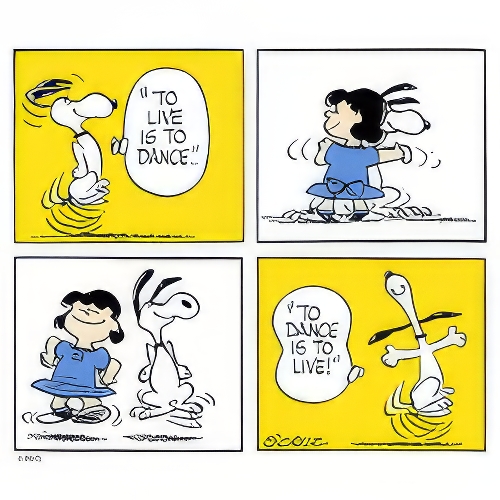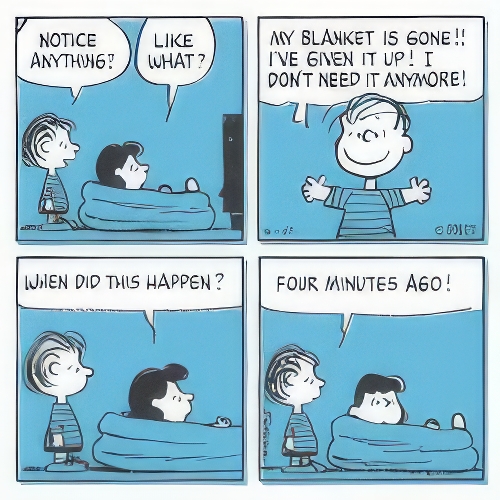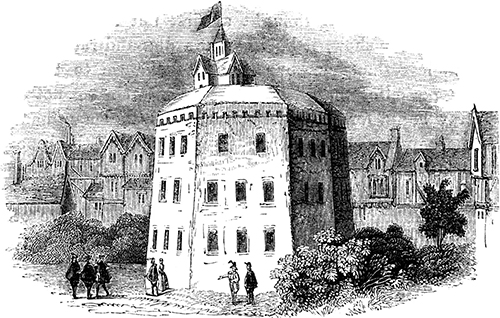
As human persons we have the most unusual of metaphors when describing love.
Here are a few that come to mind:
“I’m crazy about you.”
“I’m head over heels for you.”
“You mean the world to me.”
“I adore you.”
“I can’t live without you.”
“You’re everything to me.”
“You’re the light of my life.”
“I’m falling in love.”
None of them sounds terribly metaphysical! Many, indeed, sound very physical, e.g. ‘head over heels’ and ‘falling in love’.
An intriguing characteristic of the mystics describing their relationship with their God is its sensual quality.
When we dip into the writings of many of these women and men, e.g. Origen, Bernard of Clairvaux, Teresa of Ávila, Catherine of Siena, John of the Cross we are “confronted” with the “erotic” dimension of the spiritual life.
Their writings very much touch on the inner experience of eros: there is desire, yearning, passion, pleasure, excitement, intensity, and ecstasy available in the mystical relationship between human and divine.
Many mystics, even male mystics, envisioned themselves as “brides” of Christ.
Almost from the beginning of the Christian era, mystics and saints and theologians and spiritual teachers have reflected on one of the most beautiful and poetic of the “wisdom writings” in the Bible to explore the mystery of the love of God and how that love seeks intimacy with us, God’s human creatures.
I am referring to the Song of Songs, also known as the Song of Solomon or the Canticle of Canticles.
It is not so much a “book” as a poem or extended lyric; it’s short — only 8 chapters and barely over 100 verses long.
The book never directly mentions God at all.
Instead, on the surface, it is a love poem — and a deeply sensual, subtly erotic love poem at that.
So why, of all the spiritual and philosophical riches in scripture, would this be the book that the mystics and other God-seekers turn to, again and again?
It speaks most directly of union, and that is the experience these women and men have, in turn, experienced with their God!
Which leaves us with two questions, “Have I fallen head over heels in love with my God? and, “Have I allowed my God to fall head over heels in love with me?”
Or, as our Gospel of today (Mk. 12: 28 – 34) says, “You shall love the Lord your God with all your heart, and with all your soul, and with all your mind, and with all your strength.” (v 29,30)
“I won’t take no for an answer,”
God began to say
to me
when He opened His arms each night
wanting us to
dance.
(Catherine of Siena 1347 – 1380)



